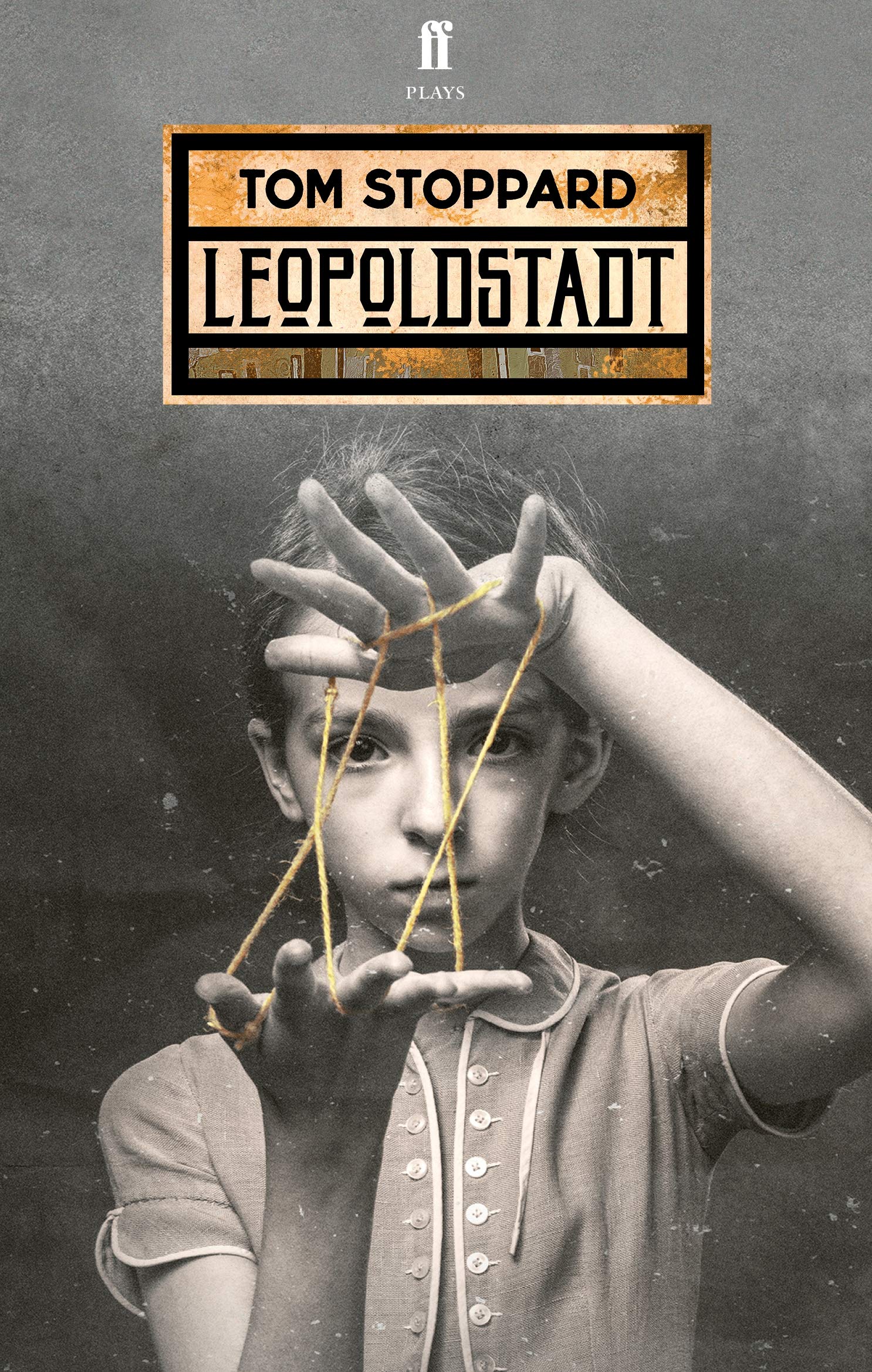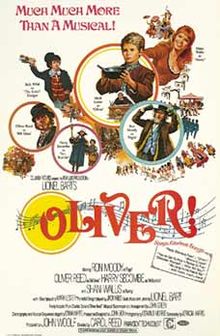
In taking its first steps, Leopoldstadt falters slightly. The early acts are set in Ibsen Land: a belle époque continental bourgeoise theatrical context and attendant set of stakes that must be both familiar and appealing to any playwright with a sense of this received tradition. The dialogue in this, the happiest period of the extended Merz family’s life—where they’re still innocent of plot—could generally use tightening. This remains somewhat true for the whole first half. The establishment of one of the play’s through-lines—the family’s relationship with Freud (a member of their spatial, racial and scholastic communities)—is notably vague and uninspiring. For a moment, this made me wonder if I’d be less impressed by Stoppard’s use of other intellectual coordinates if I knew those theories and their contexts as well as I do this example.
While all of this would be better for some attention, none of it ends up mattering much. Leopoldstadt ends up finding itself and becoming a startling play about historical accident, identity and the costs of survival. The final act in particular is one I’ll sit with, with its portrayal of the lasting personal and cultural, and national consequences of gutting losses and smothering estrangements.
This play illustrates so many difficult things so piercingly well. It shows exactly how Ashkenazi communities were inter-related and connected by well-maintained family ties and work: why it seems like everyone Jewish you’ve heard of knew one another in this era. Via a consistently-humming through-line in the background the play also does a good job of illustrating the long history of Palestinian conflict, employing a clear perspective on the deployment of power and agency in the region over the decades which leads you to think about how these forces played out after 1955, in the play’s aftermath.
Leo’s “sorry you had a bad war” line (the phrasing an echo of something Sayers’s Dowager Duchess of Denver says of her daughter Mary after World War I: probably not unique to Sayers, but in circulation in a particular British educational/class set) is excruciatingly spot-on, revealing the prevalent contemporary inability to conceptualise the Shoah as any kind of discrete crisis. It’s something I recognise from having read about the evolving cultural reception of this genocide, but it’s also something I don’t think would occur to anyone who hadn’t lived through that period to include.
Leo is culpable for his shallowness, his cruel distance and wilful forgetting, but he’s simultaneously himself a precipitate of forces that engender his reactions. His whole unaffected persona is a response to trauma: an attempt to turn out the lights when the postman comes, to pretend no one’s home and to return the repressed to sender. Leo is Tom Stoppard’s most obvious representative in the play, but like Blanchot reminds us, every character and element in a dream is of the dreamer, and every character and element in a work is of the writer. There is also something of Stoppard’s palpable survivor’s guilt in the heir to the family business who kills himself because he finds his own survival unjustified in the face of others’ losses.
The play is an unashamed trauma-dump, and uses that effectively. Efficacy is something I think about a lot in this context, given that US Shoah education, aimed squarely at goyim, can shade into torture-porn. The creation and maintenance of the popular memory of the Shoah—what took it from ‘a bad war’ to ‘Never Again’—is a strategic political choice. Yet it’s a choice I’m always unsure about the costs, efficacy, long-term prospects and adaptability of.
In some ways Leo is an annoying send-up, but he does linger. He can’t pronounce his own family members’ names right (“Wilma”). It was so much work, in the mid-fifties, to find out what had happened to anyone in the camps. His aunt must have expended so much energy discovering the dead ends of her family (and is also laden with guilt over a choice she made about visas, which is by no means hers to bear). After all this, the aunt has been successful only twice. One little cousin, and now Leo, her nephew. She finally finds a survivor, and it’s this callow manchild who has no idea what his life means to this family. Leo’s lack of gravitas is infuriating, and shows the cost of survival by means of geographic and psychological flight. He’s almost the last living member of a family obsessed with culture, and yet Leo is unable even to properly call himself a writer. His relationship to art is so facile. And yet that is a front: when reminded of the broken cup, Leo crumples into the chair he sat in when he sliced his hand at age eight—hunched and small again.
Adorno’s dictum “to write poetry after Auschwitz is barbaric” hangs undismissibly in the air when this same aunt begins to list off the places where members of the family met their ends. Two in a row are Auschwitz, and then the next isn’t. There’s a queer tension to that rhythm. You know it’s coming: the point in the recitation when the poetic power of three and the logistics of history will inevitability bring you to her ‘Auschwitz, Auschwitz, Auschwitz’. What does it mean to build the breath-bate rhythm of a poem into these lines, curling around the word? For me, it worked—the dirge-cadence awful, in its expectedness. And then there is the grotesque, listless gentleness of so many members of the family having died in the same place, if not at the same time. Isn’t it something? No one wants to die alone.
On top of these personal deaths, the play is recokoning with the death of the Vienna that centuries of time and cultural labour built: of an important Vienna that still breathed, that meant anything. The play invokes complicated questions of national responsibility and the irreparable harm Vienna did to itself in doing this. The subject is particularly poignant in relation to, for example, Poland’s national rebranding efforts to pretend the Shoah was locally unprecedented, carried out entirely by invaders and an assault to the nation-state, In reality, no one could have been more accommodating to the endeavour than the goyishe residents. After all, it came as something of a capstone to the countries’ own long projects of anti-semitism. Even Poland’s genocide memorials now have a ‘victims of communism’ flavour to them, de-emphasising the victims’ otherness in order to frame the Shoah carried out on Polish land as an aggression against Poland. These monuments give gratuitous space to goyim Polish objectors to the Shoah, as though the point is not the mass death but that some Poles weren’t keen on it.
The loss of Jews—of over 10% of Vienna’s population—in addition to more general war deaths and the aftermath of the Great War, unravelled things that time and numbers cannot piece back together. Vienna will probably never be Vienna again; it’s a museum and a tomb to an empire and a culture, now. And in part—in large part—that too was a suicide.
My partner observed that after this initial staging, the play will probably never be performed in the UK with such a large cast again. There will inevitably be more doubling, rendering ‘who’s who?’ a harder question even than it is in this maiden outing. While the final scene consists of three people in a room, the first is crammed with people. Leopoldstadt is thus not necessarily written for longevity or portability: house casts and standing troupes haven’t been a Thing in the UK since the decline of rep theatre in the 70s and 80s. Mari points out, however, that continental national theatre’s like Greece’s often engage actors for a season and are contractually obligated to provide them with work (or at least pay) throughout that period, even if a show tanks. Such theatres will find the play very suitable to their needs. (Shows tanki differently in the UK, in part because so much money tends to sit in every large-scale production.)
Leopoldstadt also started at seven, a touch early, and ran without an interval. That gave the play an unabated intensity (no ghoulish anticipation of genocide while you enjoy interval ice cream), but I think it might have been done because child cast members are present throughout the play, including at the bitter end. The post-watershed child actor fee is, on purpose (to help protect child actors from exploitation), so eye-wateringly expensive, and the work regulations governing child performers are so strict, that no production wants to retain a child into the night.
In some ways, it’s odd to see this described as Stoppard’s most emotional, humane work, etc., etc. Leopoldstadt’s core preoccupations aren’t really interpersonal, as such. It’s a play at least as concerned with embodied politics and memory, and the psychology and life-stories of states, as with a family. In some respects, it’s larger and colder than many other Stoppard plays. It doesn’t feel that way, though—it’s visceral and lingering, and if it’s humane, it bears a wary ambivalence towards humanity.

